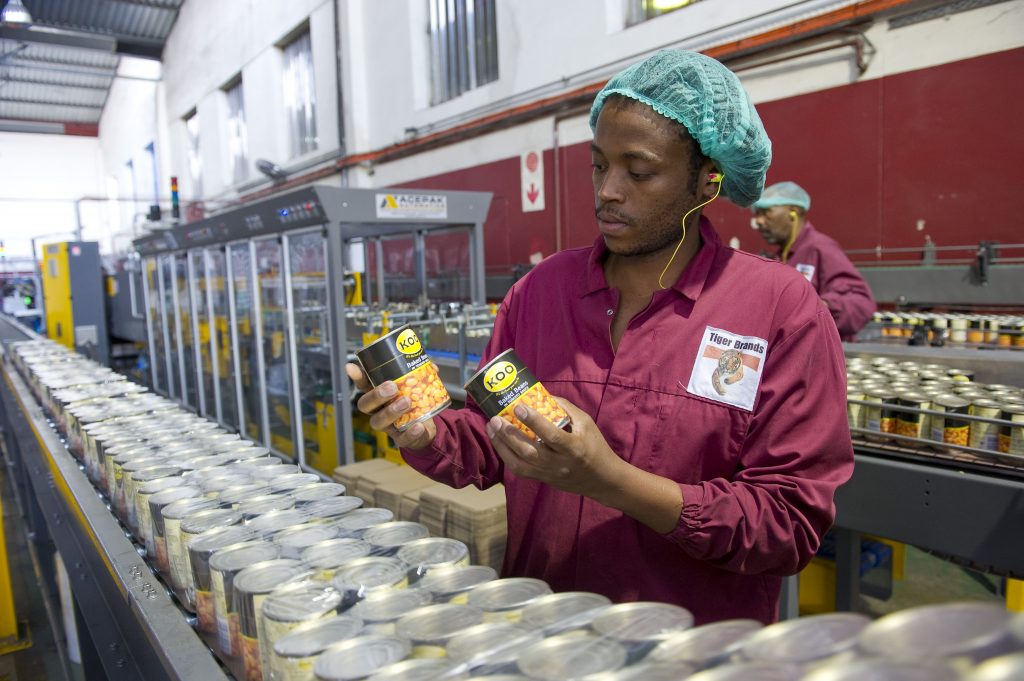The move to shut down the factory – if successful – will reportedly leave about 300 peach, apricot and pear farmers without a market to sell their produce.
In a statement to Moneyweb the food producer says it is currently in consultation with affected permanent and seasonal workers regarding the future of the factory.
According to a statement by Agri SA’s executive director Christo van der Rheede it is anticipated that the consultation process with affected employees will be completed within 60 days in accordance with the requirements of the Labour Relations Act, 1995 at which point we will be able to communicate the outcome and the way forward on the future of the Langeberg & Ashton Foods Division,” Tiger Brands says.
Tiger Brands further added that it is also engaging with both provincial and national government departments to explore possible solutions that will protect the country’s deciduous fruit canning industry as well as one that will support growers.
A 60-day deadline for potential buyers
Initially, in 2020, Tiger Brands had decided to divest from the factory, and a consortium of 160 producers expressed their interest in buying the business. However, with the factory’s price tag reportedly set between R200 and 300 million, raising the funds has been a challenge for the consortium.
Tiger Brands has, according to Rheede, given the consortium 60 days to raise the necessary funds or the food producer will continue with its plans, jeopardising the jobs of 250 permanent workers and about 4 300 seasonal workers.
“The producers have made urgent requests to the Western Cape and national governments to intervene in this matter,” Rheede says.
“Given the essential contribution of this facility to the national and provincial economies, government needs to provide assistance by partnering with the parties to facilitate investment in the facility,” he adds.
The food producer’s decision to exit the business aligns with its strategic plan to optimize operations and better position Tiger Brands for future growth. Tiger Brands say it has now set its sights on “manufacturing, marketing and distributing everyday branded food and beverages.”
“Largely servicing export markets beyond the African continent, the deciduous fruit business operates in an industry where trade barriers impact the competitiveness of local produce. Fluctuations in exchange rates and global crop yields add further volatility,” Tiger Brands says.
A call to resume negotiations
Agri SA says Tiger Brands and government need to come together along with the consortium of food producers to find a solution to the problem before jobs are lost. “At a time when job creation and economic growth are desperately needed for the maintenance and recovery of the national economy, the agro-processing sector cannot afford this closure.”
“It is essential that Tiger Brands comes to the negotiating table with the producers and workers at its factory to find the best possible solution for all the affected stakeholders.
“With the Agriculture and Agro-Processing Masterplan now in place, it is also vital that government take up its role in supporting the growth of this important employer for the Western Cape,” Rheede says.




